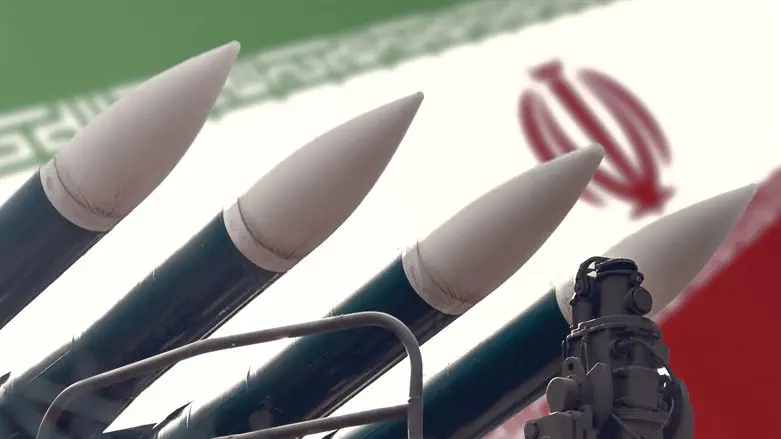
Iran has allowed the UN's nuclear watchdog, the International Atomic Energy Agency, to reinstall cameras at a centrifuge parts manufacturing facility in Karaj as part of a partial agreement on a range of outstanding issues between the organization and the Islamic Republic.
The cameras were removed following an attack on the facility in June. Since then, Iran has not allowed the IAEA to replace the cameras that monitor a key component of its nuclear program.
“The agreement with Iran on replacing surveillance cameras at the Karaj facility is an important development for the IAEA’s verification and monitoring activities in Iran. It will enable us to resume necessary continuity of knowledge at this facility,” IAEA Director General Rafael Grossi said. “I sincerely hope that we can continue our constructive discussions to also address and resolve all outstanding safeguards issues in Iran.”
Last week, Iran alleged that the IAEA cameras were used in the attack on the Karaj facility, an allegation which Grossi called "simply absurd."
On the nuclear talks between Iran and world powers in Vienna, Grossi stressed he wasn’t involved in the negotiations but acknowledged the advances made by Iran since the deal’s collapse meant there would have to be changes to the original agreement.
“The reality is that we are dealing with a very different Iran,” he said. “2022 is so different from 2015 that there will have to be adjustments that take into consideration these new realities so our inspectors can inspect whatever the countries agree at the political table.”
The interview follows last week’s resumption of talks between Iran and world powers on salvaging the 2015 nuclear deal, after a five-month pause.
Iran has gradually scaled back its compliance with the 2015 nuclear deal it signed with world powers in response to former US President Donald Trump’s withdrawal from the agreement in May of 2018.
Iran has repeatedly demanded that the US lift sanctions imposed on Iran and also reassure Iran it will not abandon the deal again as a precondition for its returning to compliance with the deal.
On Monday, diplomats from the western European countries negotiating with Tehran said that Iran's positions in the talks are "inconsistent" with the terms of the deal.
On Sunday, British Foreign Secretary Liz Truss told Iran that there was still time to save the 2015 nuclear deal but warned that this is the last chance for Iranian negotiators to come to the table with serious proposals.
"This is the last chance for Iran to come to the negotiating table with a serious resolution to this issue, which has to be agreeing the terms of the JCPOA," said Truss, adding, "This is their last chance and it is vital that they do so. We will not allow Iran to acquire a nuclear weapon."


